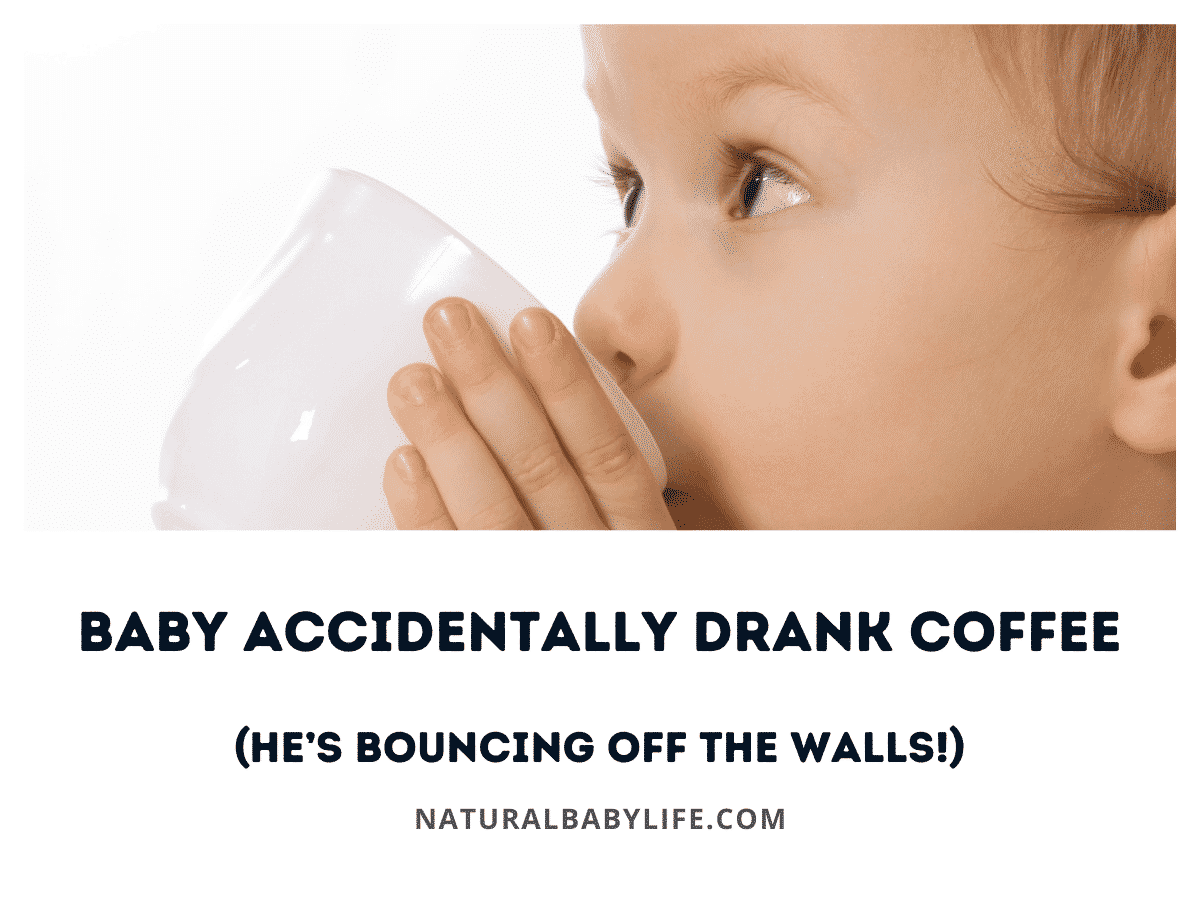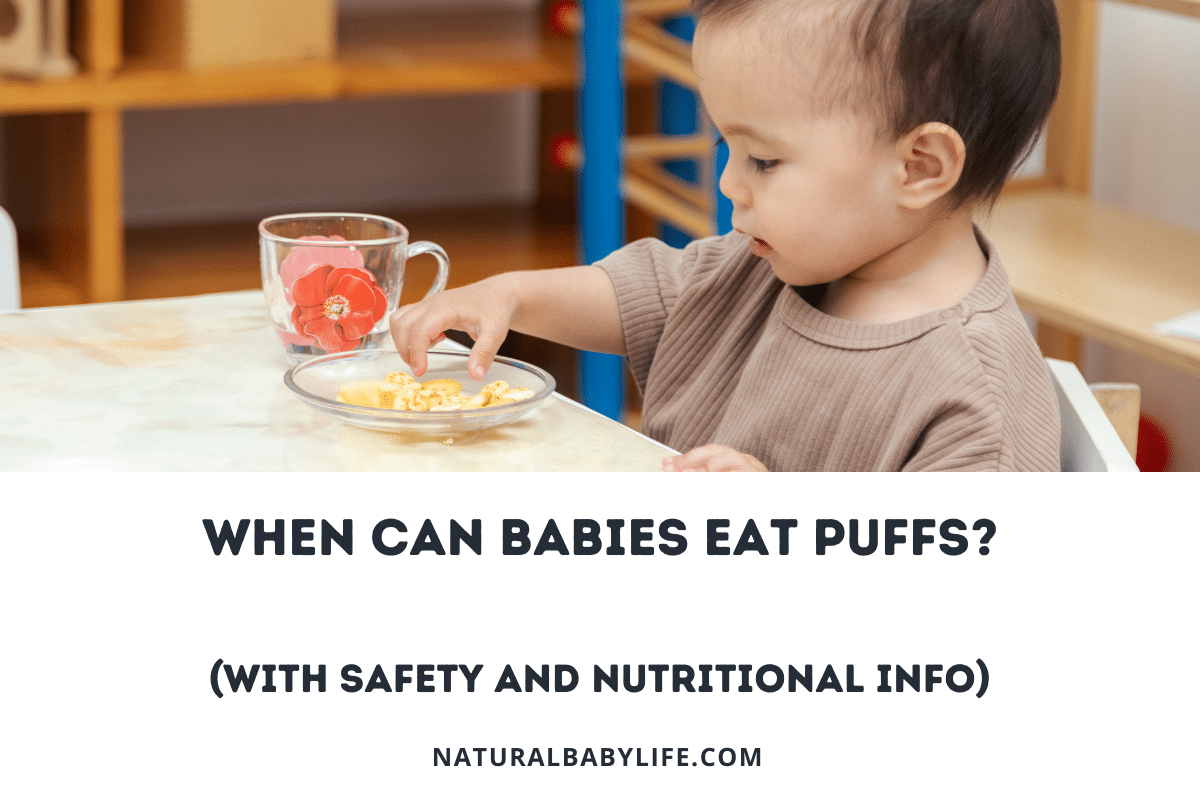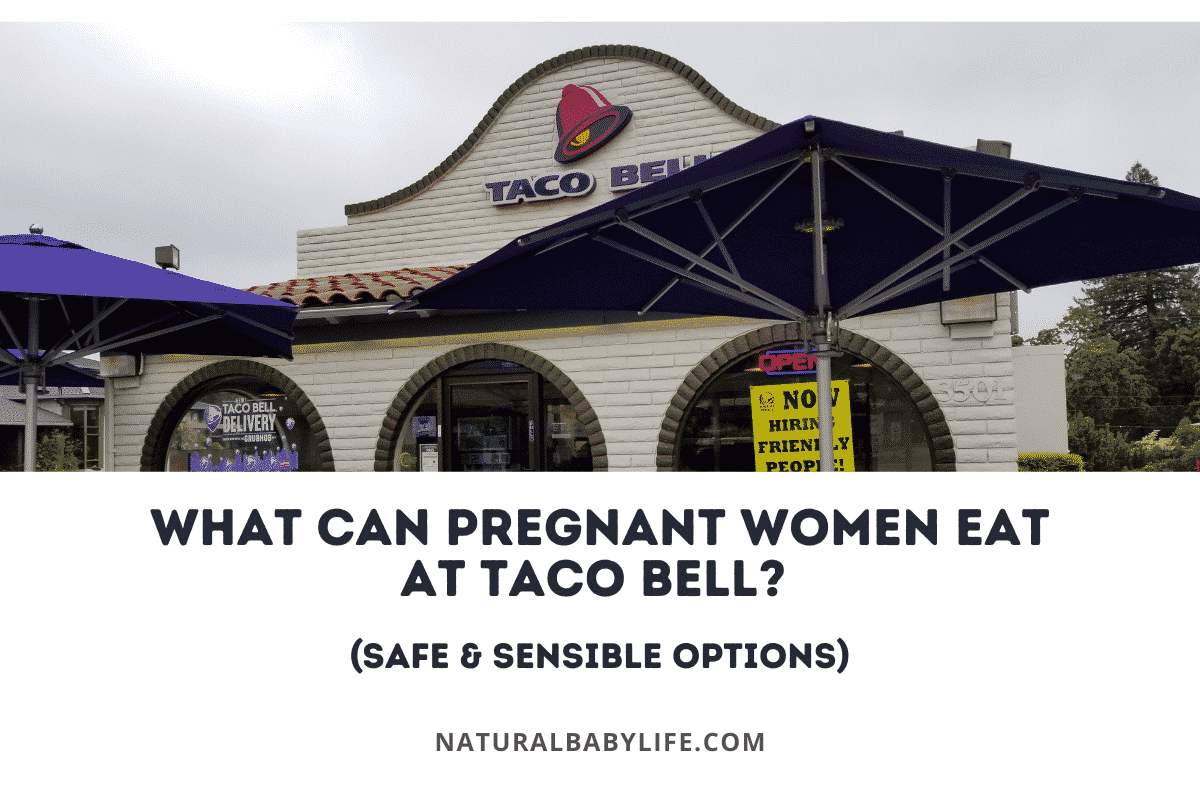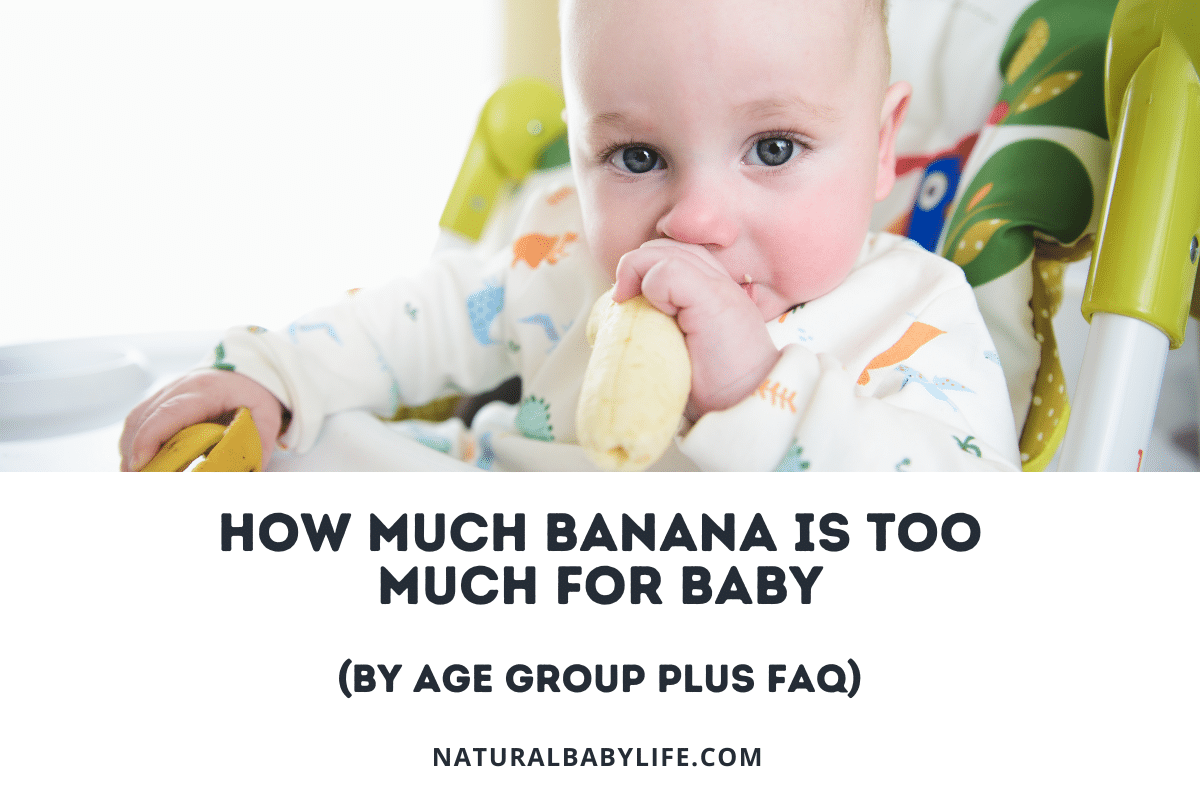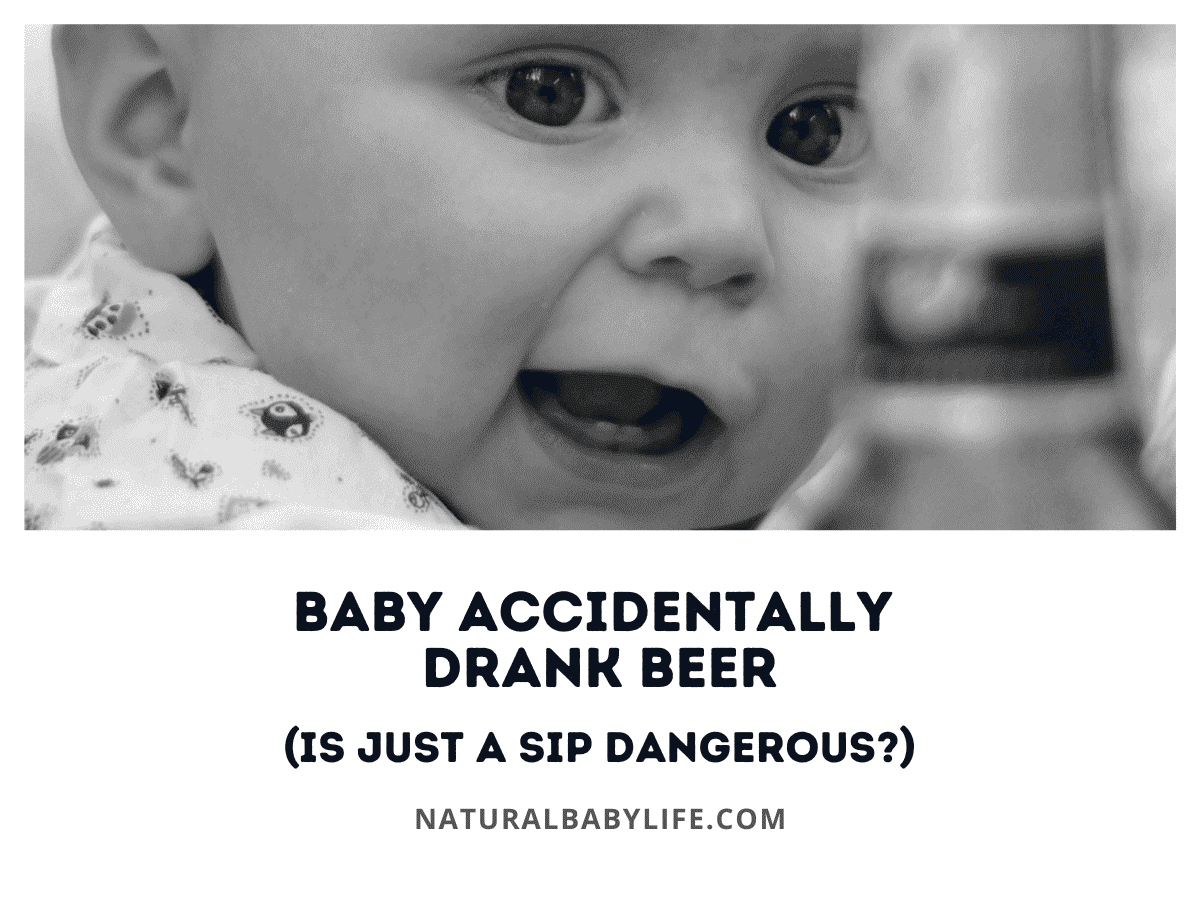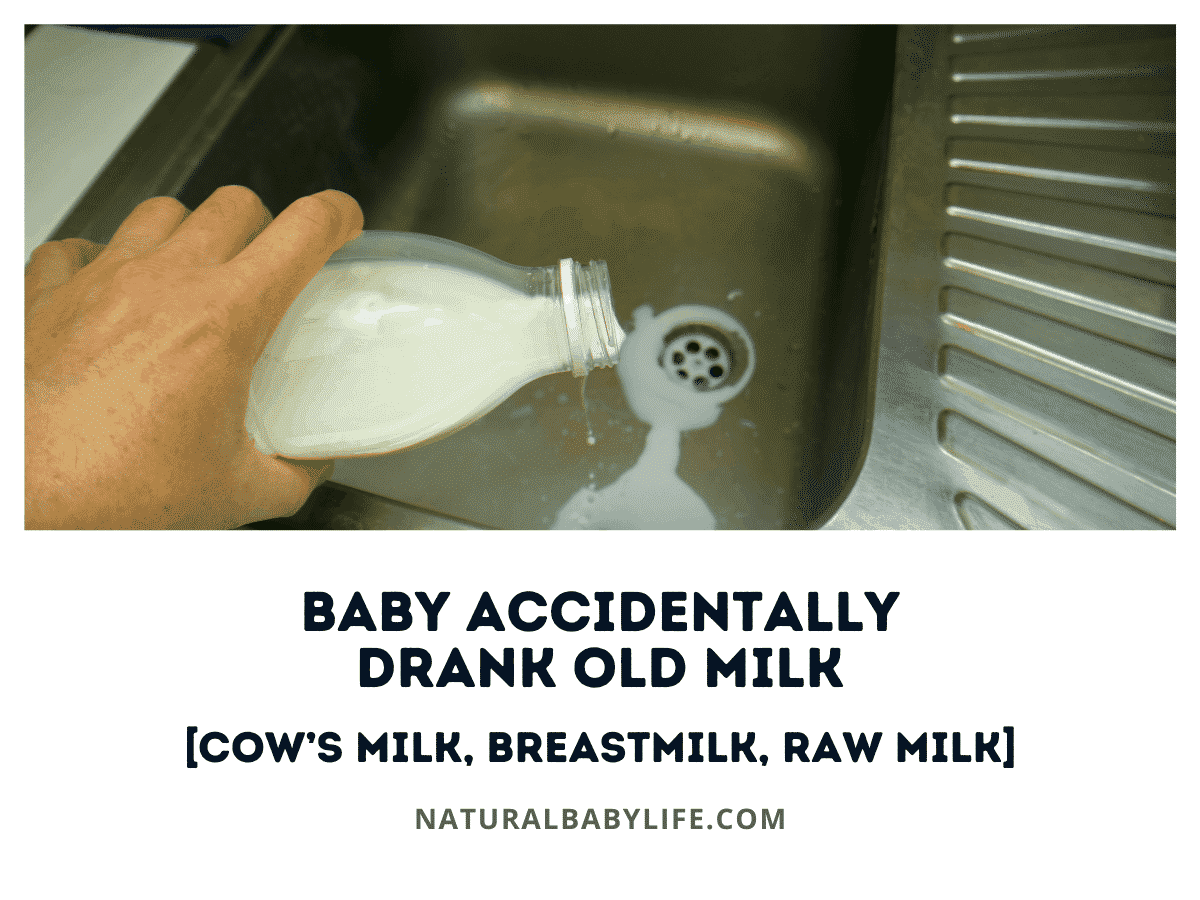Some kids don’t want to try anything new. Others are absolute food monsters. I couldn’t believe it when my baby accidentally drank coffee…and liked it! I was horrified, but here’s everything you should know if you find yourself in the same situation.
Coffee isn’t safe for babies due to large amounts of caffeine in the drink. Consuming small amounts of caffeine can give your baby the jitters and keep them from nap time, while large amounts can cause caffeine poisoning. If your baby is vomiting or having trouble breathing, call Poison Control or seek medical treatment immediately.
How much coffee is too much, and can small amounts of coffee actually be good for your baby to drink? Keep reading to find out!
Table of Contents
Is it bad if a baby accidentally drank coffee?
Yes – it can be dangerous if a baby accidentally drinks coffee.
However, a few drops of coffee shouldn’t cause your baby any harm. If your child managed to swallow a few drinks, they may get some caffeine jitters.
If your baby drinks enough coffee, though, they may be in danger of a caffeine overdose.
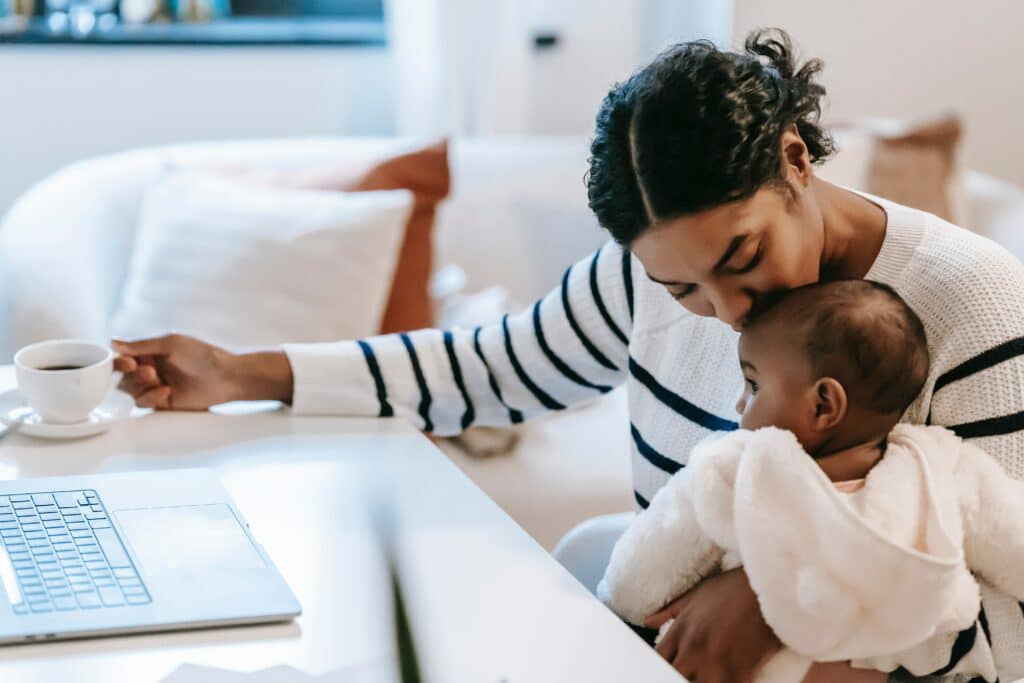
While adults can easily process the amount of caffeine found in a cup of joe, babies and young children can’t handle the caffeine levels. Even small amounts of caffeine can be dangerous for kids; in fact, the American Academy of Pediatrics (AAP) recommends that children under the age of 12 shouldn’t consume any caffeine at all.
Caffeine poisoning can lead to symptoms such as difficulty breathing, severe shaking, vomiting, or seizures. If you believe your baby has caffeine poisoning, you should call poison control or seek immediate medical treatment.
What to do if baby accidentally drinks coffee
If your baby accidentally drinks coffee, you should try to figure out how much they’ve had. A few drops of coffee shouldn’t be a problem, but large amounts or extra-caffeinated varieties of coffee can lead to caffeine poisoning.
After determining how much coffee your baby might have had, check for symptoms. You may notice some jitteriness or irritability if your little one has had only a small amount of coffee. Large amounts may cause vomiting, severe shaking, or difficulty breathing.
Depending on the severity of the symptoms you observe, you should:
Wait it out. If your baby seems a bit jittery but doesn’t have any severe symptoms, you can wait for the caffeine to leave their system. Caffeine jitters usually last 3-5 hours, but it can take longer for the caffeine to leave your baby’s system.
Focus on keeping your little one hydrated, and give him space to work off any extra energy he got from the caffeine.
OR
Seek medical help. If your baby has severe symptoms (vomiting, severe shaking, difficulty breathing) or has had a large amount of coffee, you should call Poison Control immediately (1-800-222-1222).
Poison Control will likely ask you how much and what type of coffee your baby drank, the age of your child, and any symptoms you see. If your child can’t breathe or is having a seizure, call 911.
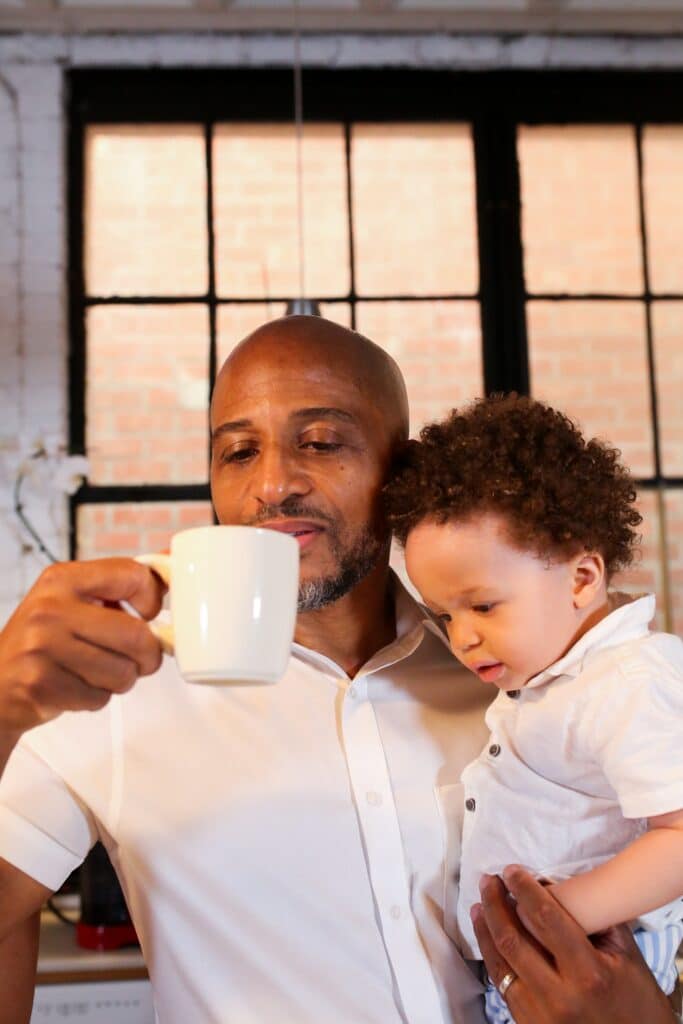
When can children have coffee?
The AAP recommends that children under the age of 12 shouldn’t drink anything with caffeine, coffee included.
Once your child turns 13, experts recommend they limit their caffeine intake to 100 mg each day until they turn 18. Too much caffeine can impact a teenager’s brain development and lead to insomnia or trouble sleeping.
A single cup of black coffee contains around 95 mg of caffeine, so your teenager shouldn’t be drinking more than one cup of coffee a day.
Not only does coffee contain caffeine, but many people like to mix their coffee with sugar, creamer, or other additives. This extra sugar and fat can increase the number of empty calories in a cup of coffee, which can make your child feel full without providing them with any valuable nutrients.
While your child can start drinking a cup of coffee each day when they turn 13, you should try to limit their coffee intake to ensure your child’s diet remains healthy.
Is it okay if a baby drinks decaf?
While decaf coffee doesn’t include much caffeine, one cup can still have 2 mg of the stimulant, as well as any added sugars, creamers, or flavorings.
While you probably won’t have to call Poison Control if your baby accidentally drinks your decaf coffee, you also shouldn’t be purposefully giving it to your little one to drink.
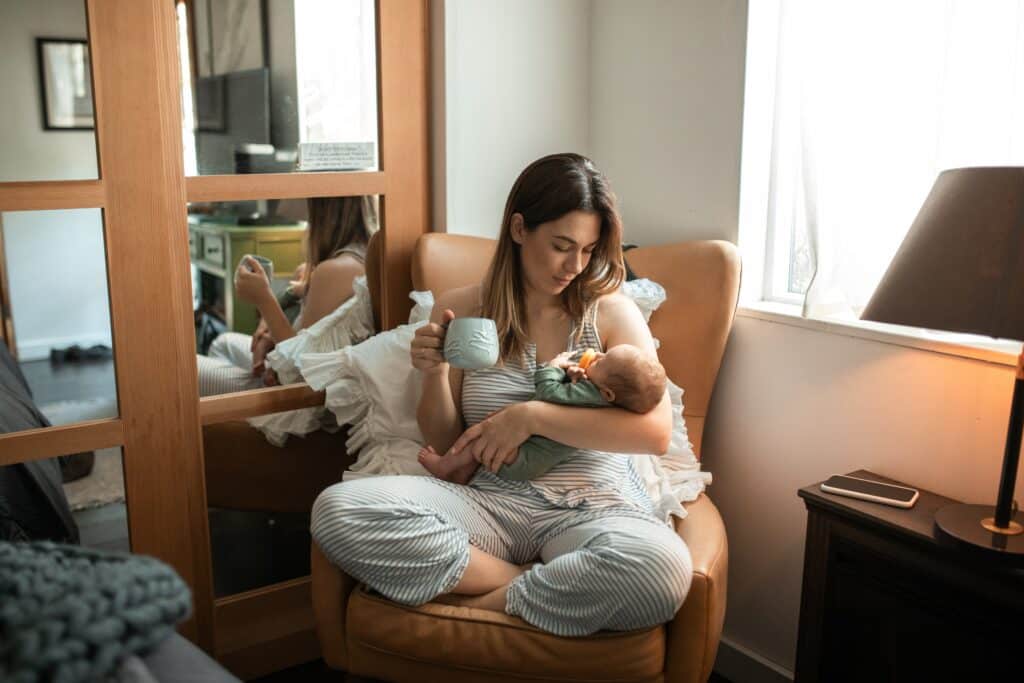
Is too much caffeine bad for babies?
Children under the age of 12 should avoid caffeine entirely, although children older than 4 can consume a small amount of caffeine occasionally (such as a small caffeinated soda or some chocolate).
Consuming more than 50 mg of caffeine per day can be dangerous for children, and may even impact their long-term health and development.
How much caffeine is dangerous for a baby?
While caffeine poisoning levels can vary based on the person, a good rule of thumb is that you shouldn’t consume more than 2.5 mg of caffeine per 2.2 pounds of body weight per day.
Babies typically weigh anywhere from 7.6 pounds at birth to 22 pounds on their first birthday.
That means that a mere 8.6 mg of caffeine (10% of a cup of coffee) can be dangerous for newborns. One-year-olds should never have more than 25 mg of caffeine each day (30% of a cup of coffee).
How much caffeine is dangerous for a toddler?
Toddlers, on average, weigh 22 pounds on their first birthday, and 30 pounds or more by age 3.
That means a toddler can experience caffeine poisoning after drinking 25-35 mg of caffeine (30-50% a cup of coffee, or 1 full can of Coke).
Signs of a caffeine overdose
Signs of a caffeine overdose include:
- Jitters, irritability, or anxiety
- Vomiting or nausea
- Uncontrollable muscle movements
- Shock
- Difficulty breathing
If your baby is showing signs of a caffeine overdose or has consumed an excessive amount of caffeine, call Poison Control at 1-800-222-1222 or seek medical help immediately.
What does caffeine do to a child’s body?
Caffeine is a stimulant, which means it works within your central nervous system to keep your body alert. It can cause a rise in blood pressure, a rapid heartbeat, and sometimes even muscle tremors.
While caffeine can be a useful drug for adults, it is still a drug, and it affects children differently. Caffeine can make sleep difficult for your child, and it may also make them anxious and moody.
Children also have a more difficult time processing caffeine, so even small amounts can lead to a caffeine overdose.
How long does caffeine stay in the baby’s system?
Babies aren’t as efficient at processing caffeine as adults are.
That means that it can take over 90 hours for a newborn to stop feeling the effects of caffeine in their system, as opposed to 14 hours for a 3-5 month old, and 4-5 hours for an adult.
Small amounts of caffeine can linger in the body for even longer.
Does caffeine affect brain development?
While there is very little research on how caffeine can affect brain development in young children, scientists do know that excessive amounts of caffeine can affect fetal brain development and brain development in teenagers.
Caffeine primarily affects the body’s ability to sleep, which can slow the growth and development of the brain.
Does caffeine affect bone development?
While some experts have suggested that caffeine can negatively interfere with bone health and density, current studies have found that as long as a person is consuming the recommended daily value of calcium, there is no evidence that caffeine is harmful to bone development.
With that being said, the effect of caffeine on bone development in babies hasn’t been studied, so it’s best to steer clear.
Other concerns with babies drinking coffee
In addition to caffeine, there might be other concerns when it comes to your baby drinking coffee:
- Additives – Coffee is often mixed with extra sugars, flavorings, and creamers, all of which can be detrimental to your little one’s health.
- Diet – Coffee is full of empty calories, which fill your baby up without providing essential nutrients found in formula or breast milk.
- Tummy Troubles – The caffeine in coffee can cause either diarrhea or constipation, depending on how hydrated your baby is.
- Dehydration – Caffeinated drinks are diuretics, which means they can make your baby need to pee more often, increasing the likelihood of dehydration.
Will a little coffee help baby fall asleep?
You may have heard an old wives’ tale that says a little bit of coffee can help baby fall asleep better, but it’s simply that – an old wives’ tale.
Caffeine is a stimulant, which means it literally wakes people up.
Giving your baby even a little bit of coffee will only keep your baby up, not help them fall asleep.
Conclusion
While you might have a moment of feeling like a terrible parent if your little one sneaks a sip of coffee, it’s probably not going to lead to ill-effects.
If your baby or toddler happens to consume a significant amount of caffeinated coffee, monitor for symptoms of a caffeine overdose and seek medical help.

